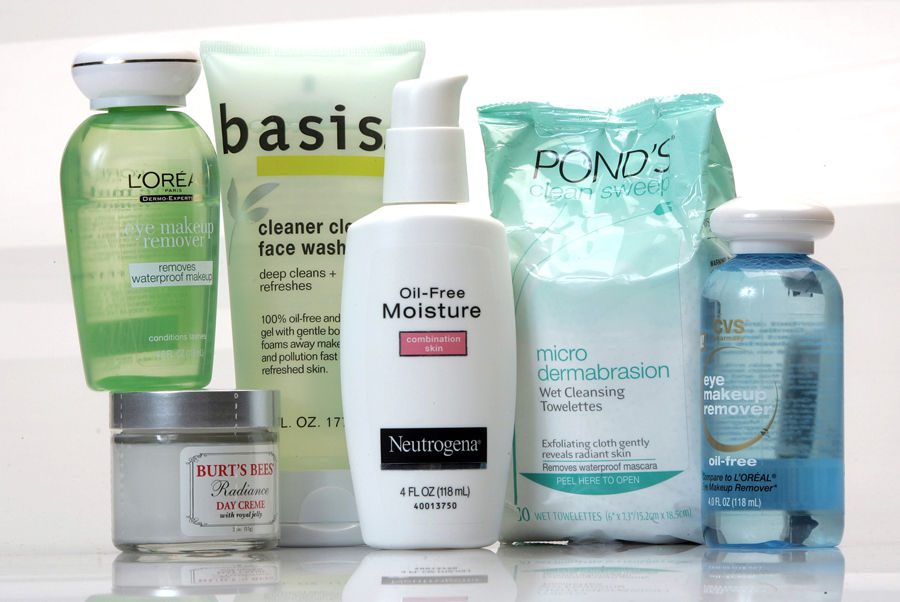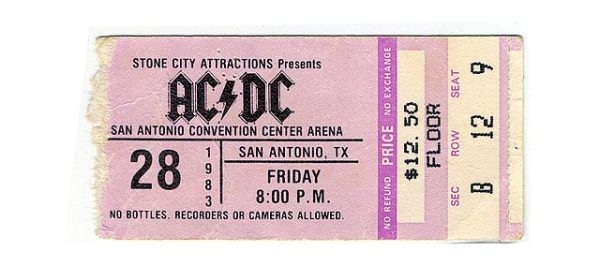Technological Foutain of Youth extends life, but does not fulfill
For decades now, scientists have been participating in anti-aging research.
Every day, new products are lined up on several pharmaceutical shelves, each claiming to be the next anti-aging breakthrough.
The anti-aging market will experience “a compound annual growth rate (CAGR) of 5.7 percent between 2013 and 2018,” according to a study done by Business Communications Company Research, a publisher that focuses on technology market research reports, reviews and technical newsletters.
The only two things that have proven to slow the process of aging and help expand people’s lifetime are exercise and a healthy diet. However, there are other supplements that many believe to be successful, including antioxidants, resveratrol and hormone supplements.
Still, the National Institute of Aging warns consumers to be cautious of these types of treatments, which have been known to cause side effects and actually be of no help to the anti-aging process.
If success is actually achieved and scientists somehow figure out how to slow the process of aging, what will happen?
The famous saying about life being too short may not be a concern anymore. If aging can be slowed, it seems only logical that people will be able to do more with their lives and be happy with the amount of time they have to do all the things they desire.
However, similar to the way that a large percent of students procrastinate because they feel like they have all the time in the world, people might simply take their time doing everything they have wanted to do. Perhaps they will get to old age and realize that they should have taken advantage of the time they had before.
Then again, is this not the present problem?
Most of the time, people’s actions are cautious and their mouths kept shut.
They tend to think about their reputation and what other people seek, instead of just doing what makes them happy.
Two of the top five things people on their deathbeds regret are not expressing their true feelings and not having had the courage to live out their dreams, according to a study conducted by Business Insider.
From this standpoint it seems as if the problem with life is not how long it lasts but how people spend it.
Anti-aging success would be phenomenal, an obvious breakthrough.
On the other hand, if people continue to spend their years like they tend to do now, would it not be a waste of research?
An extra 10 to 50 years would not matter if they were filled with the same activities as the previous ones.
There was a time when our life expectancy did not surpass the 40-year mark, an illness such as a fever or diarrhea easily killing us.
Nowadays, this is not a problem, thanks to major advances in medicine in the last century, which have allowed us to live past 40 and well into our 70s and 80s.
The problem now lies in the diseases for which we have yet to find cures (like cancer) and those which emerge every few years: swine flu in 2009 and ebola last year.
Every time a new illness shows up, the world goes into a state of frenzy as scientists seek a cure.
Whether life expectancy is stretched out for another 50 years, new diseases are bound to show up, new medication is bound to be invented for them and the medication is bound to have side effects that could cause several more illnesses.
Therefore, a longer life would not mean a fuller life, but more time to suffer.







